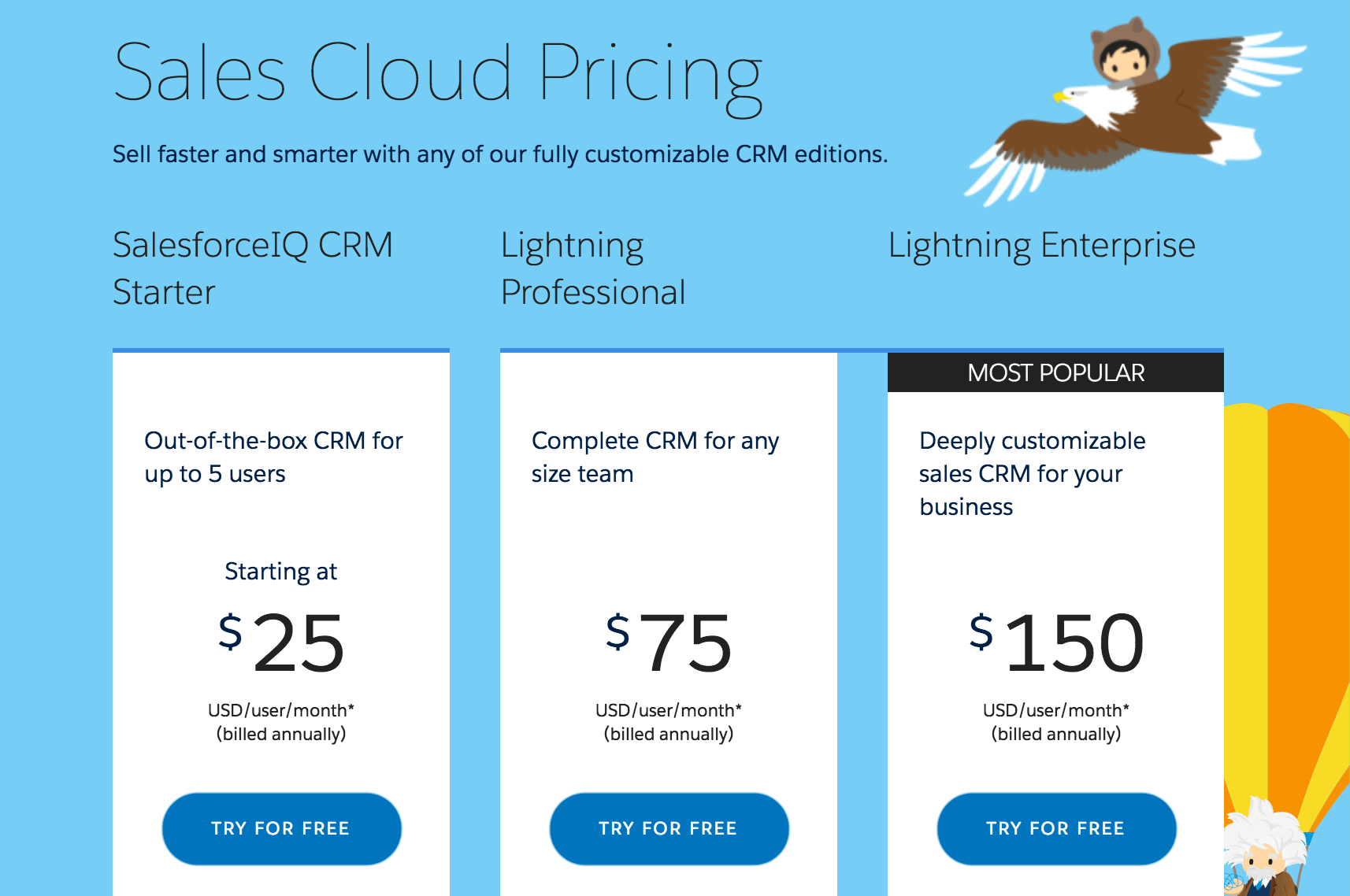How Much Should You Invest? Planning Your Facebook Budget
by Jacob Baadsgaard • November 2, 2016
With 90% or more of marketers using Facebook advertising in 2016, determining your Facebook budget and marketing strategy has become a critically important part of planning for 2017.
However, if you’re like a lot of marketers, your Facebook budget may not have a whole lot of strategy or planning behind it. Yes, you might have a budget, but there isn’t a ton of rhyme or reason behind your spend.
The problem is, if there isn’t a solid strategy behind your Facebook budget, you can end up wasting money on campaigns that aren’t producing results or underspending on campaigns that are delivering awesome results.
Fortunately, while it takes a bit of work to put together a decent Facebook budget, figuring out what level of spend will produce your desired results really isn’t that hard. To make things easier, let’s answer 4 questions that should help you develop (and defend, if need be) your Facebook budget for next year.
1. How Much Do You Need to Make?
To figure out what you need to spend on Facebook, you first need to clarify what your goals are for Facebook advertising. These can vary quite a bit depending on whether your ultimate goal is to drive clicks, conversions or leads, sales, revenue or a certain return-on-ad-spend (ROAS).
When you get right down to it, the ultimate goal of Facebook advertising should be ROI. After all, if your Facebook spend isn’t driving profitable revenue for your business, why are you advertising on Facebook?

Clicks and even conversions are great, but your company doesn’t make money from clicks (in fact, you actually spend money on clicks) or conversions. It makes money from sales.
With that in mind, the first thing you need to determine before you decide what your Facebook budget should be is to decide how much revenue you want to drive using Facebook. Once you know that, you can use that information to determine how much ad spend it will take to reach that revenue goal.
2. Who Are You Marketing To?
Once you know how much money you want to make from Facebook advertising, you need to identify who you are marketing to.
Now, about 72% of marketers are familiar with buyer personas, but only 30% actually create effective buyer personas that aid them in their marketing goals.
That’s a problem, because different buyer personas require different advertising. On Facebook, that means different target audiences, different messaging and different landing pages. Even more importantly, different buyer personas turn into different types of buyers.
So guess what? If you don’t understand your buyer personas, you can’t create an effective Facebook budget!
If you’ve got a sales team, talking to sales can be one of the fastest ways to get a decent buyer persona together. After all, they’re the ones who talk to your customers the most, right?
However, even talking to your sales team and doing a little research isn’t enough to really get at the level of detail you need to put together an effective Facebook budget. To do that, you need to get on the phone and call your actual customers.
Ask how they found you, why they converted and what convinced them to pay you. This information will give you a ton of insight into your marketing and sales funnels that you can use to both improve the performance of your paid search advertising and choose your Facebook budget.
3. What are Your Customers Worth?
Typically, people look at buyer personas as a good way to craft an effective marketing strategy. Buyer personas are great for this, but they are also an important part of putting together an effective Facebook budget.
For example, imagine you are advertising for a SaaS business called SaaS-A-Frass that has the following pricing structure:

In this situation, you’re probably targeting 3 different buyer personas:
- Small business “Steve”
- Mid-market business “Mandy”
- Enterprise business “Edward”
Small business “Steve” has much smaller and simpler business needs than Edward or Mandy, so he’ll probably choose the Starter package. Mandy will probably want the Professional package and Edward will likely need the Enterprise package.
Assuming that Steve, Mandy and Edward stick around for an average of 14 months, 4 years and 9 years, respectively (average lifetimes for a SaaS client) and buy 5, 20 and 100 licenses (again, respectively), here’s the lifetime value for each of these personas ( [licenses/mo] x [# of licenses] x [typical customer lifespan in months] ):
Lifetime Value
- Steve: $1,750
- Mandy: $72,000
- Edward: $1,590,000
These numbers look really exciting, but not all of that money is profit.
A normal SaaS company pays about 22% for fulfillment, 9% to sales and has a 40% overhead, leaving them with about 29% of the lifetime value of each client to play around with. That means to simply break even, SaaS-A-Frass has to spend less than the following to acquire a customer from Facebook:
Maximum Acquisition Cost
- Steve: $507.50
- Mandy: $20,880
- Edward: $461,100
If SaaS-A-Frass can keep their acquisition cost below this threshold, they’ll make money. If it costs more than this to acquire each of these customers, they’ll lose money.
See why buyer personas are so important to budgeting?
Of course, it’s unlikely that the market is saturated with Edwards, so SaaS-A-Frass will need a mix of these deals to hit their revenue goals. That mix will dictate their Facebook budget.
So, if SaaS-A-Frass is willing to spend $0.18 on marketing to produce $1.00 in lifetime value (for a 11% total profit margin), SaaS-A-Frass’s can afford to pay the following for each buyer persona:
Customer Acquisition Cost
- Steve: $315
- Mandy: $3,750
- Edward: $286,200
If SaaS-A-Frass can’t produce paying customers from a particular buyer persona at a price point below this threshold, they probably shouldn’t be marketing to that buyer persona.
However, if SaaS-A-Frass’s Facebook ads are currently producing buyers from each persona at these CAC (or even a CAC below these thresholds), SaaS-A-Frass can use that information to then calculate their Facebook advertising budget.
4. How Much Do You Need to Spend to Reach Your Goals?
At this point, things are pretty simple. Just take your CAC, average purchase order value and average number of purchase (if you have a subscription model, you can just use the average lifespan of each buyer persona here) and plug them into this calculator!
The default for this calculator shows the monthly budget and ROI for SaaS-A-Frass, assuming that SaaS-A-Frass wants to produce $2,425,500 in new revenue from Facebook advertising each month and they’ve determined that to do that, they need their Facebook advertising to produce 100 sales a month (90 Steves, 9 Mandys and 1 Edward).
Per our example, a new Steve pays $125/mo for an average of 14 months, a new Mandy pays $1,500/mo for an average of 48 months and a new Edward pays $15,000/mo for 108 months.
Plugging all of that into the calculator, SaaS-A-Frass will need to budget $348,300/mo for Facebook advertising to achieve their new lifetime revenue goals.
See? I told you this part is easy! Play around with the calculator and your different buyer persona numbers and see what sort of Facebook budget makes sense for your business. Or, if you’re dealing with a predetermined budget, use this calculator to look at your different buyer personas and see which target audiences you should be focused on.
Now, as you might imagine, this approach isn’t a perfect estimate of what it will take to hit your revenue goals. This calculator is only as accurate as the information you can give it. But, it’s a lot better than picking your monthly at random and hoping that your Facebook budget will produce the results you need.
Tying Things Together
To come up with an effective Facebook budget, you need to know what your revenue goals are and your buyer personas (along with their lifetime value and CAC). Once you know that, it’s not too difficult to calculate your budget.
By the way, if all of this seems a bit overwhelming, please let me know here or in the comments. I’d love to help you come up with an Facebook budget that will allow you to meet your business goals in 2017.
How do you determine your Facebook budget and advertising strategy? Let me know in the comments!





